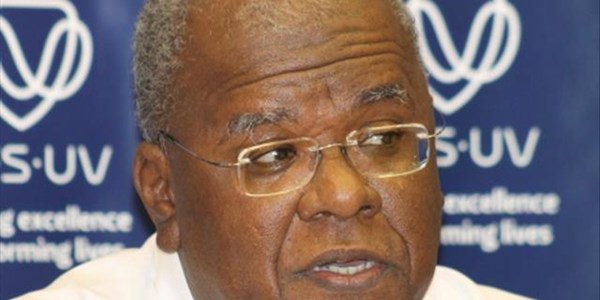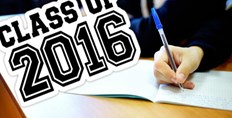Matrics 2016
Jonathan Jansen stirs the matric pot from afar─── 09:42 Sat, 07 Jan 2017

Cape Town - Former University of the Free State vice chancellor, Jonathan Jansen, on Friday posed a series of tough questions about South Africa's matric results and the country's education system.
In the past two weeks, the Independent Examinations Board reported a 98.7% pass rate for the matrics of 2016, up from the 98.3% of 2015.
The Department of Basic Education announced a pass rate of 72.5%, including progressed pupils, up on the 70.7% of 2015.
The Free State, where Jansen worked before setting off for the US, came out tops, with a 93.2% pass rate, excluding the progressed pupils.
"In the next few postings I am going to pose a series of critical questions for you to grapple with, even respond to, on this week's matriculation results," Jansen wrote on Facebook and Twitter. He is in California for his new job at Stanford University.
There were two responsibilities: To applaud pupils and teachers, and to question the system.
These are the questions Jansen asked:
Question 1: Should we judge the school system by the minority who reached and passed Grade 12, or by the majority that dropped out, failed, or simply disappeared from record, since they enrolled in Grade 1?
Question 2: Given the race and class identities of those who pass well enough, does the school system reduce or reinforce inequality in South Africa?
Question 3: What would the performance of the school system look like if the more respectable passing standard was set at 50% for all school subjects?
Question 4: Why are politicians allowed to take stage credit for scholastic performance when the schools and students that do well do so DESPITE the failure of politicians and bureaucrats?
Question 5: Why do those in the poorest-performing schools not revolt against their unchanged status (as in the rural EC and KZN)?
Jansen has already written in a column in The Herald Live, arguing that matric is not everything.
"To be educated, in this broader sense, means that you dare not conceive of your university education in the same way you thought of school – which is to pass your subjects and get a degree. That is not education.
"Read as many good books outside of your discipline as you can so that your knowledge of science, society and humanity prepares you for a much bigger encounter with the larger world you will enter one day."
- News24.com














